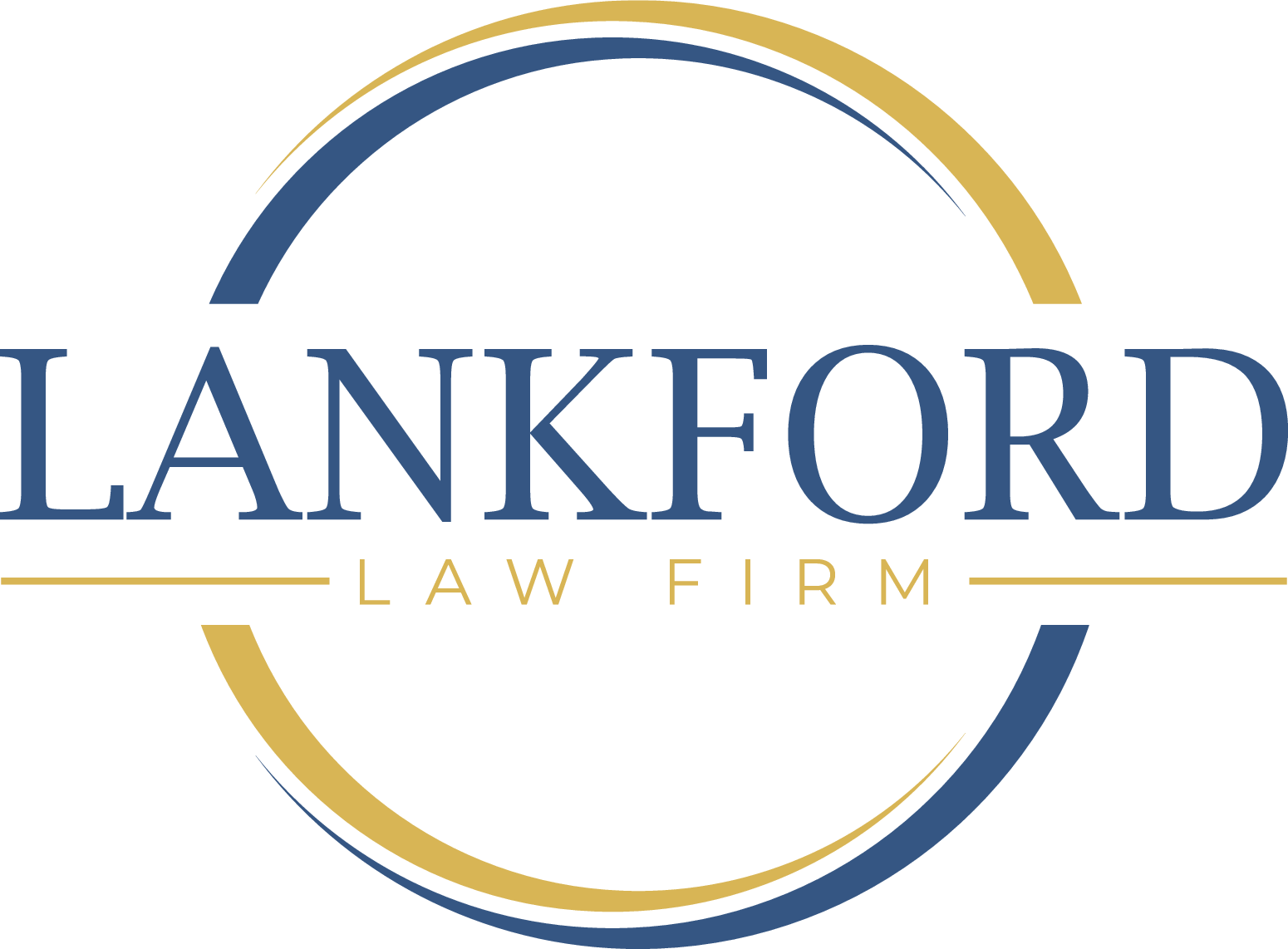Florida Corporate Attorney Giving You the Representation You Need for Remote Work Monitoring Litigation
We’re living in the age of work-from-home (WFH). Ever since the COVID-19 pandemic, more businesses have shifted their model to employees performing their jobs from their own living rooms. In many ways this model is beneficial for all parties. It saves businesses the expense of maintaining office space and allows both employees and employers to save on gas and long commute times reaching the office. People working from home in a post-COVID world report higher job satisfaction. This can translate to better productivity and retention.
Part of any work from home arrangement should include employee monitoring. Some employees may be bothered by this idea. They may see it as an invasion or privacy. Simply ensuring employees are spending their on-the-clock time wisely is well within a company’s legal rights, though. While some employees may attempt to sue their workplaces for an invasion of privacy, the law protects employers who want to ensure their employees are using company time wisely.
What is Employee Monitoring in Florida?
Employee monitoring is the act of observing employee activity on company equipment or employee conversations pertaining to company business. In the digital age, there are numerous resources for companies to monitor their employees. Some of these involve:
- Remote-Accessing Technology
- Logging Internet Activity
- Monitoring Emails
- Recording Work-related Functions
Monitoring often involves accessing an employee’s work-assigned computer. This can be done to make sure they are keeping up with their tasks and to ensure company property is not being used for private purposes.
This similarly applies to monitoring an employee’s internet activity to ensure they are not using company time or resources for personal reasons. Monitoring browser history can also ensure employees are not engaged in inappropriate or potentially criminal conduct using company property and/or on company time.
Employee monitoring can also mean monitoring emails to make sure employees are not sharing corporate secrets, using company email for personal reasons, or using company email to engage in abuse or harassment of other employees.
Employers may also be allowed to record work-related functions or activities such as Zoom calls. This can be done to record key information for later assessment. In the event an employee violates company policy, such as by using abusive language or engaging in sexual harassment, a recording can provide key evidence in any later legal proceedings. This can potentially free the company from liability during future litigation.
Functions can only be recorded if the employees present are notified ahead of time that recording will be taking place. This is why many remote work tools such as Zoom include an automatic disclaimer that recording is about to occur.
When Can Employees Not Be Monitored in Florida?
There are some exceptions to employee monitoring in Florida. One of these includes recording employees who are not aware they are being recorded. Many states allow individuals to make recordings of conversations as long as at least one person being recorded knows it is taking place. Florida’s privacy laws are much stricter. In Florida, every person being recorded must be made aware. If even one person participating in a meeting or conversation is unaware the recording is taking place, it is against the law.
Another exception to employee monitoring is accessing employees’ non-work devices. If an employee is working from home and using a both a company computer, you are totally within your legal rights to monitor all activity taking place on that device. If an employee is using their own personal device, your ability to monitor them is severely limited. You cannot access or attempt to access private, password-protected areas of that device. This includes password-protected email accounts and messenger services.
Even if you attempt to access corporate information stored on an individual’s private device, your company must have a privacy policy in place clearly stating your intention to access this data. This makes the person aware you may attempt to access information on their device. If you do not have a policy in place notifying your employee and still attempt to access information on their private device, it could be a violation of the law.
The law also forbids you from observing employees engaged in non-work activities. There is some software that allows individuals to remote-access web cameras. This technology can be used for security purposes. However, it can also be utilized to spy on individuals. If your employee is working from their own home, your ability to visually monitor them through a web camera is severely limited. Doing so many constitute a gross breach of privacy. This is especially true if you use this technology to observe your employee engaged in non-work activities such as time spent with their family, romantic partner, or alone engaging in leisure activities.
What Should I Do if I’m Accused of Invading An Employee’s Privacy in Florida?
Florida is generally business friendly. The state recognizes companies bring in much needed commerce and help the economy flourish. It also recognizes most employers are honest and will not abuse their ability to monitor work-from-home employees. Regardless, employees who feel their privacy has been violated may attempt to take legal action against your and/or your company. They may do this out of a genuine sense their privacy ahs been violated. They may also do it in an attempt to retaliate, or as an overreaction to having their productivity monitored. Even if the law is on your side, accusations that a company violated an employee’s personal boundaries could result in a great deal of negative press. This could become a PR nightmare for you and/or your place of employment.
If you or your employer are being accused of violating a work-from-home employee’s privacy, don’t hesitate to contact Lankford Law Firm. We’re located half-a-mile West of Jackie Robinson Ballpark just across the Halifax river, and one mile north of the Brownie the Town Dog Memorial. We understand corporate monitoring is a fact of life in a post-COVID, work-from-home age. Ensuring your employees are using their time and company resources wisely is not an invasion of privacy. We understand these laws deeply and can protect you, your employees, and your business from frivolous claims of invasion of privacy or spying.
If you or your business are being sued by a work-from-home employee for breach of privacy, don’t hesitate to contact Lankford Law right away at 850-888-8992 or email us for a consultation. We can help protect your privacy and reputation and let you continue flourishing as a company.


 Call Us Now
Call Us Now Email Us Now
Email Us Now




